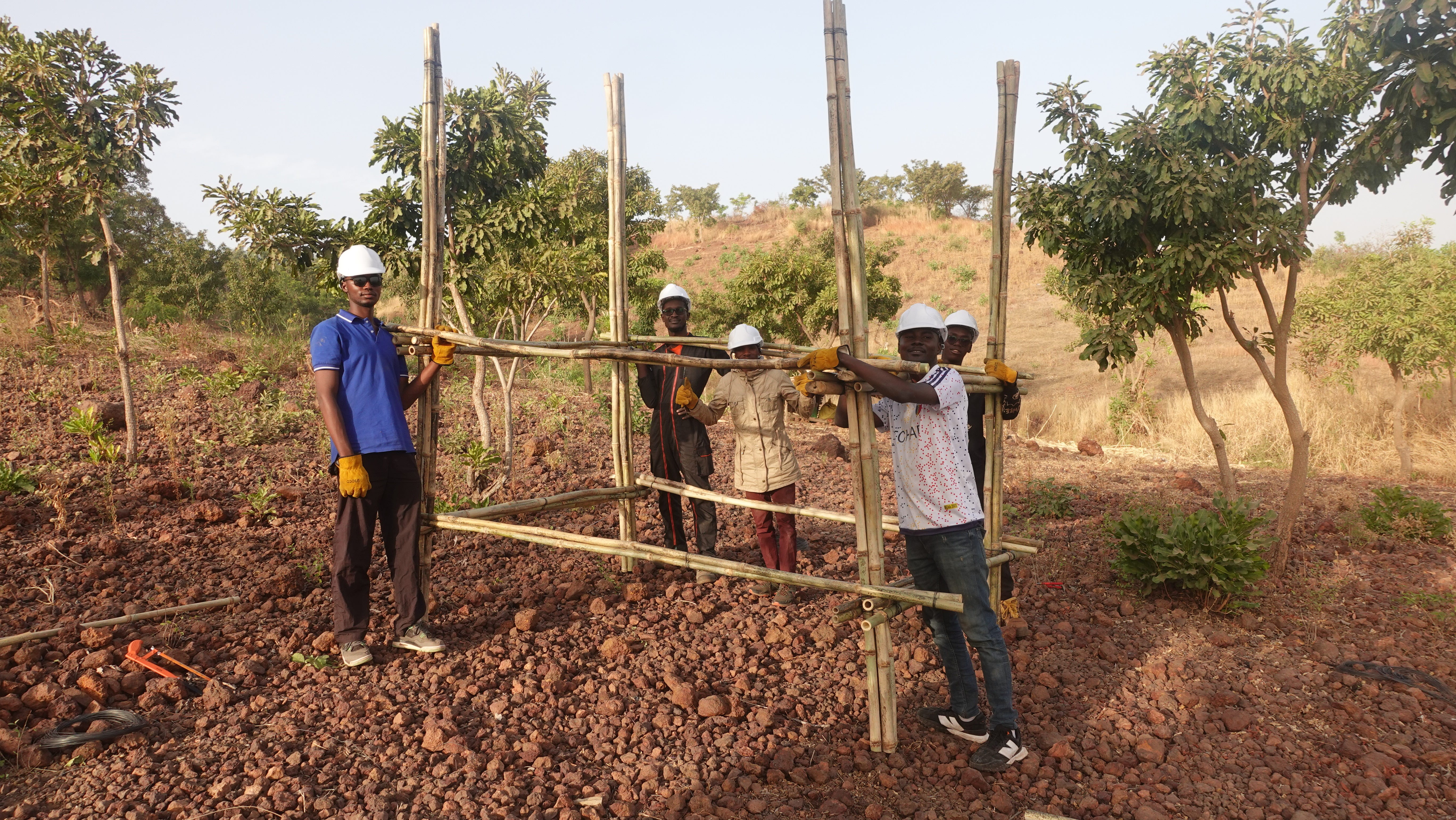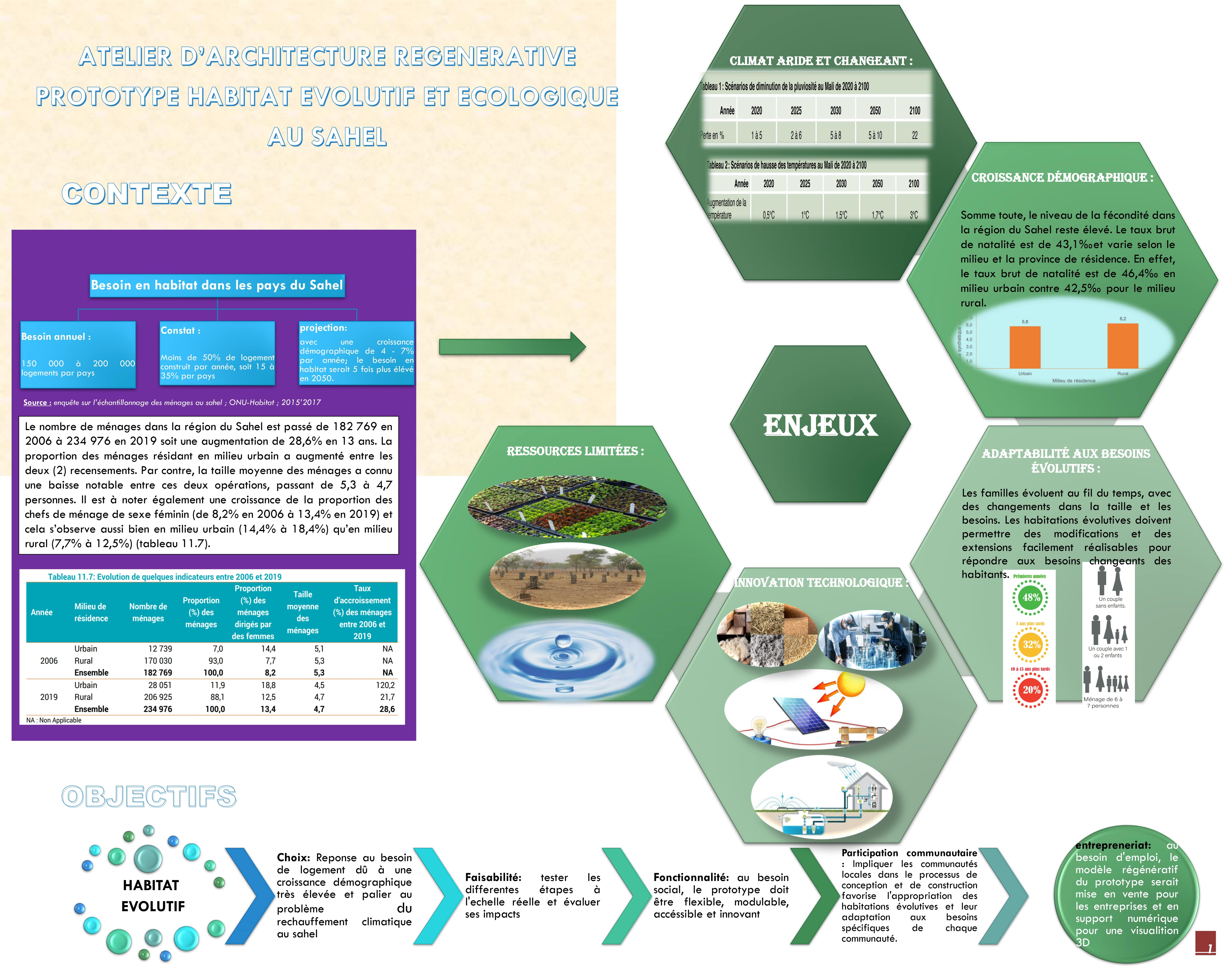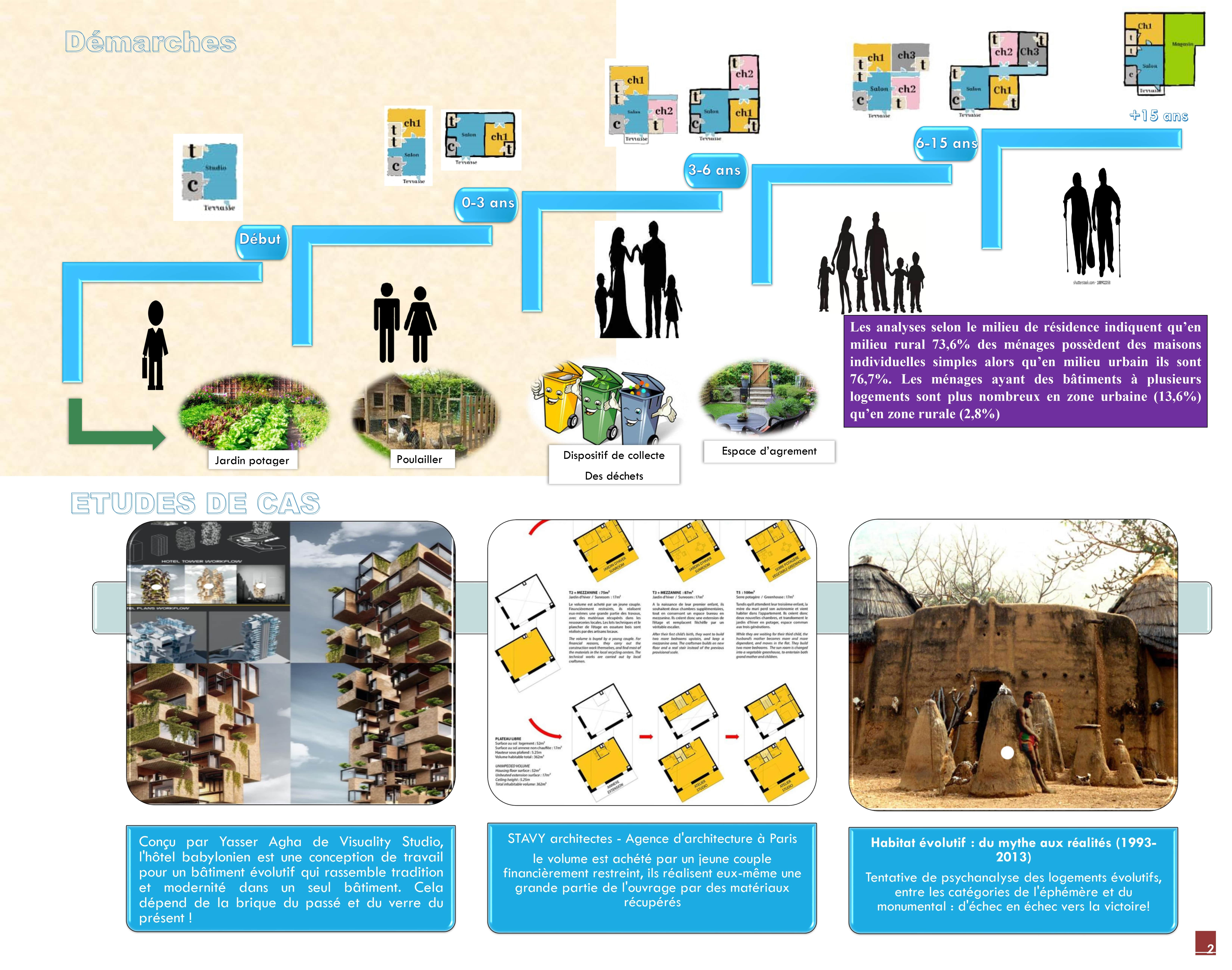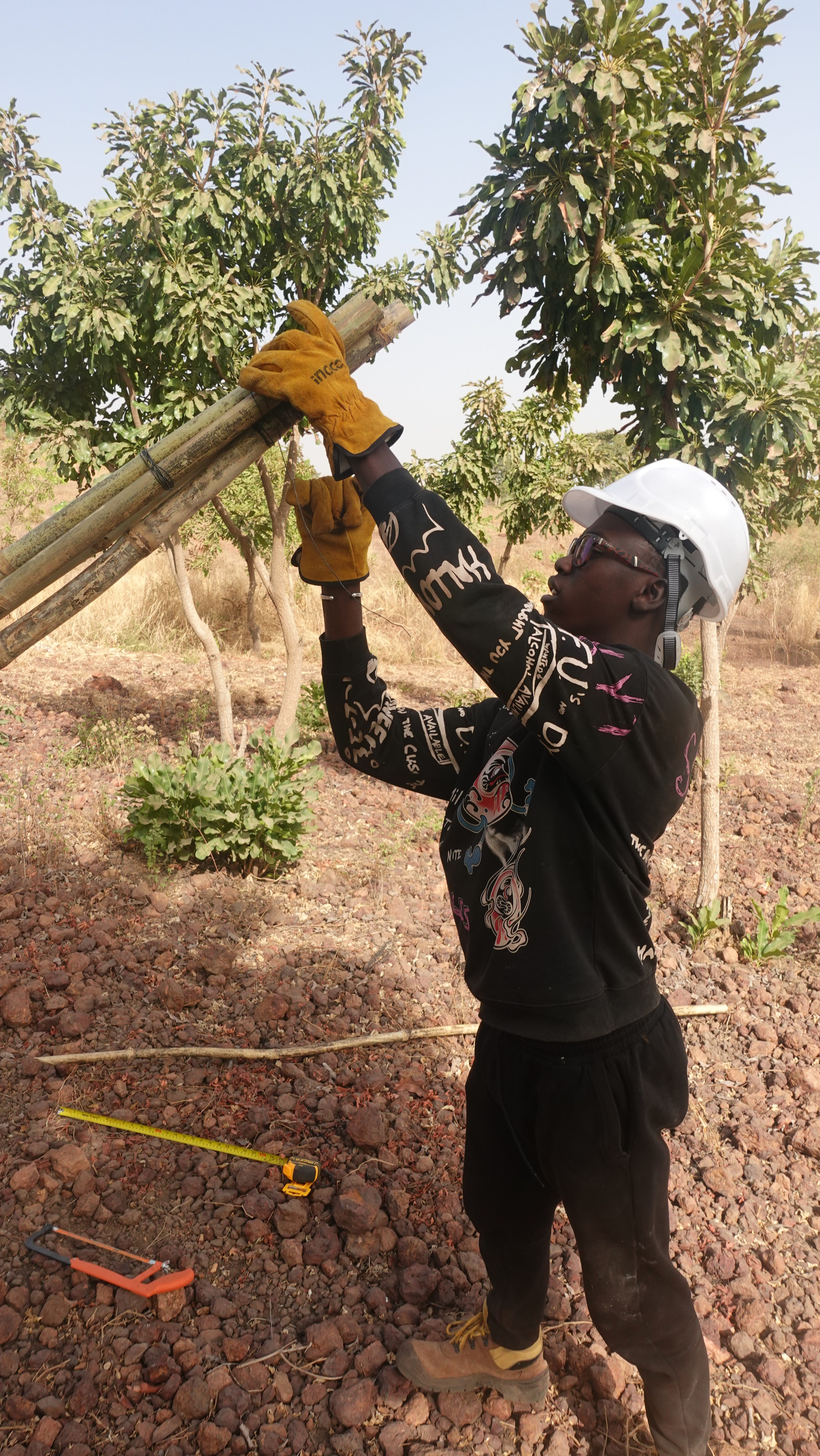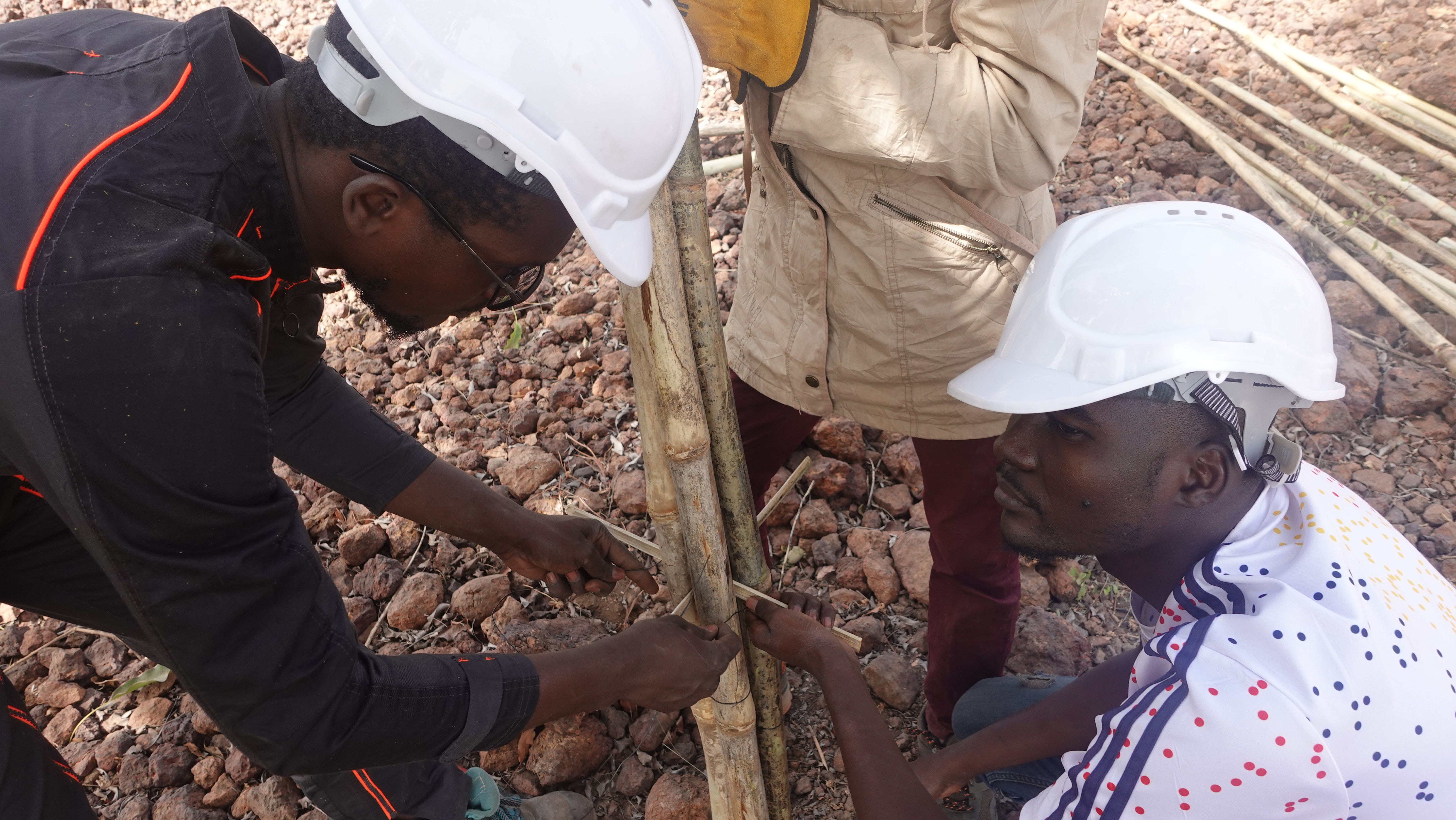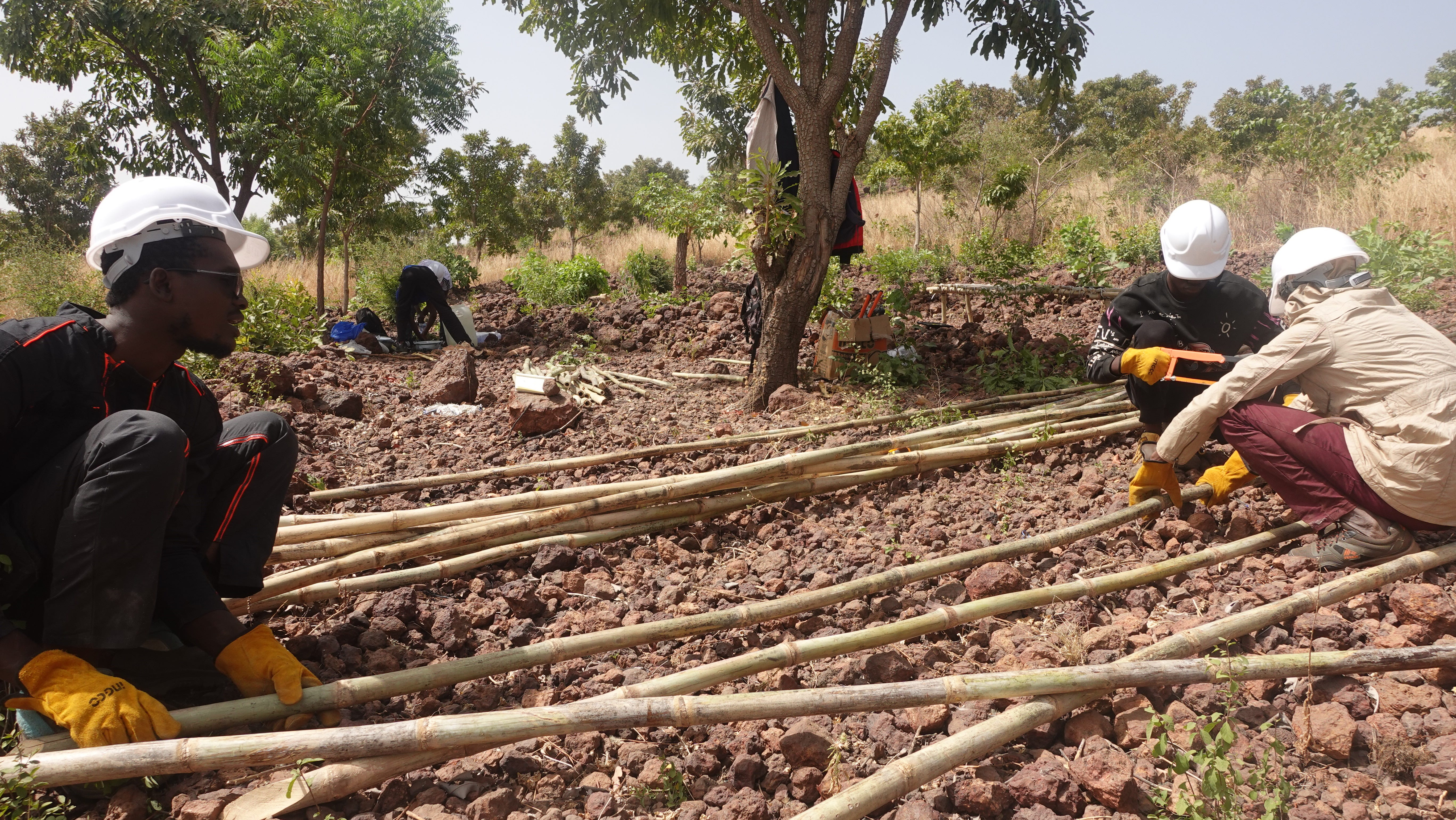This newsletter is written to be read, enjoyed, and shared. If you reply to it, we will respond back.🌞
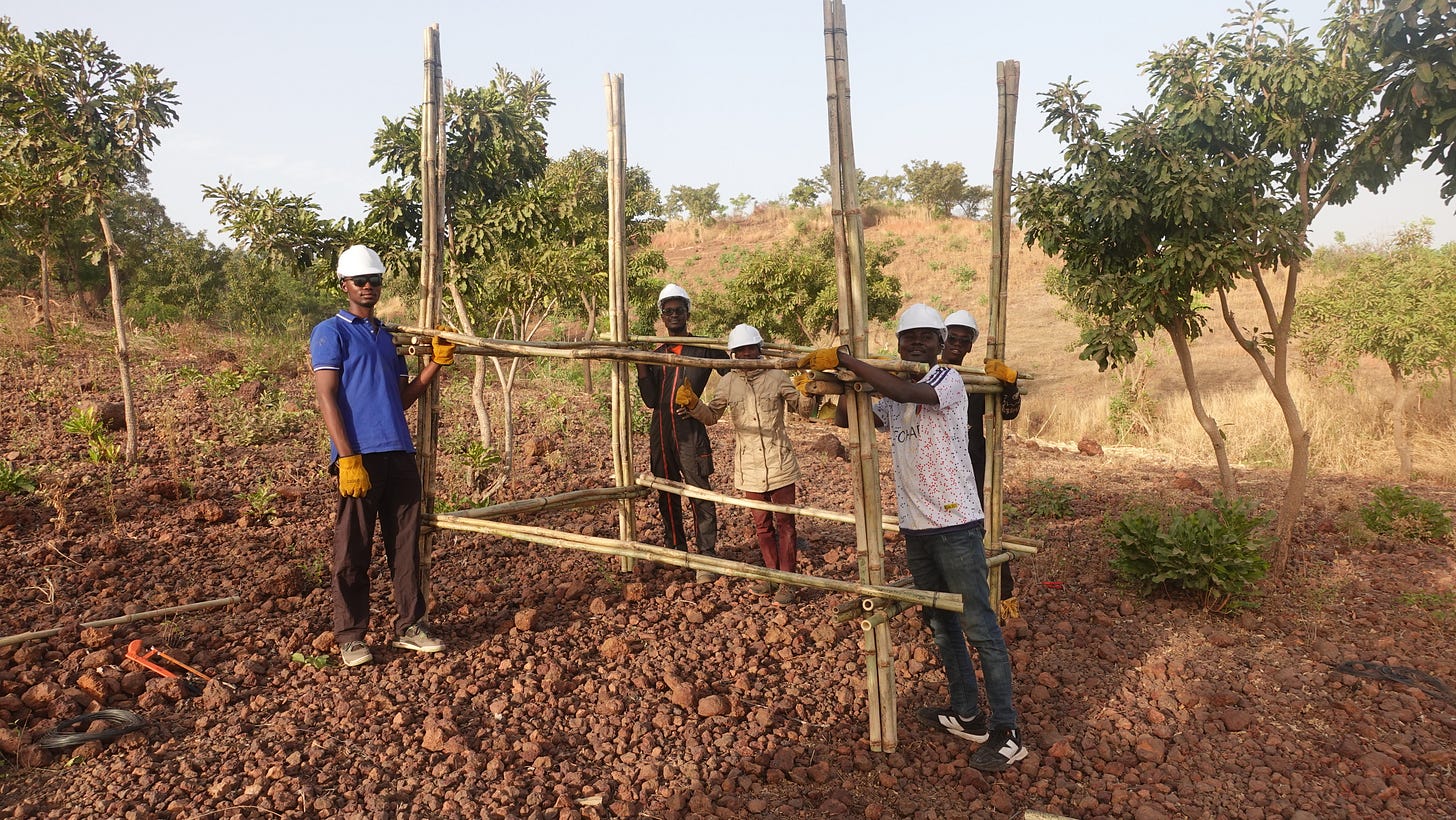
Innovation never stops. In this newsletter, we'll tell you about the progress of the Regenerative Architecture and Extended Reality cohort, the dynamics of the community and its various exciting learning activities! It’s about building with bamboo, decolonializing social housing, and another idea of luxury. 🌍🌱💪🏿🏛️
Everything reported below happened during the month of December 2023 😉
📋 Some highlights from the Regenerative Architecture & XR training 🚀
During December, the final month of the first phase of the Regenerative Architecture and Extended Reality training program, the cohort worked hard to make progress on the design of their architectural prototypes and practical experiments. 🏗️🔬🌱
Progress on regenerative architecture prototype projects
The regenerative architecture prototypes developed by the learners in the cohort are one of the most important results of this adventure. Indeed, the learners must synthesize what they have learned from the various modules (Learning from Heritage, Peasant Cities, Cities of Tomorrow, Local Materials and Architectural Cultures, etc.) and apply it in a complete architectural project responding to the issues and challenges specific to the Sahelian bio-region.
In this way, each week the learners make progress in analyzing the context and issues targeted by their prototypes (the needs in terms of housing, learning spaces and innovations in building materials) in order to build a solid foundation for architectural design enabling their prototypes to be innovative, affordable and feasible.
During this first phase of the cohort, and after learning the methodologies and tools of regenerative architecture design, the learners focused on maturing their ideas and beginning the first architectural sketches of their prototypes.
During the next phase of the course, learners will focus on the detailed development of their architectural prototypes, test their theoretical and practical hypotheses and develop immersive experiences of their prototypes!
On-site experiments with bamboo 🎋
After several experiments on ancestral and contemporary earthen architectural techniques (making adobe bricks, adobe walls, rammed earth walls, natural earth-based plasters, etc.), the learners began a phase of experimentation with bio-sourced materials, in particular bamboo.
During the month of December, 3 bamboo experimentation and construction workshops took place. During these workshops, learners worked to put into practice the theoretical knowledge they had acquired during the cohort on the use of bamboo in architecture. The main aim of these workshops was to familiarize them with the material, its technical specificities, the difficulties of handling it and its potential for the Sahelian zone.
In this way, learners set up simple structures with bamboo. The main challenges encountered were the local availability of good quality bamboo and the thickness required for its structural use in architecture. In the next phases, the learners will attempt more complex structures until they have mastered the art of bamboo.
📢 Engaging with the community, building the movement 🛠️
Wednesday's ritual: sharing and transmitting knowledge through the Highdigenous Architecture Talks
💡 First masterclass of the month : Luxury is what you currently have!
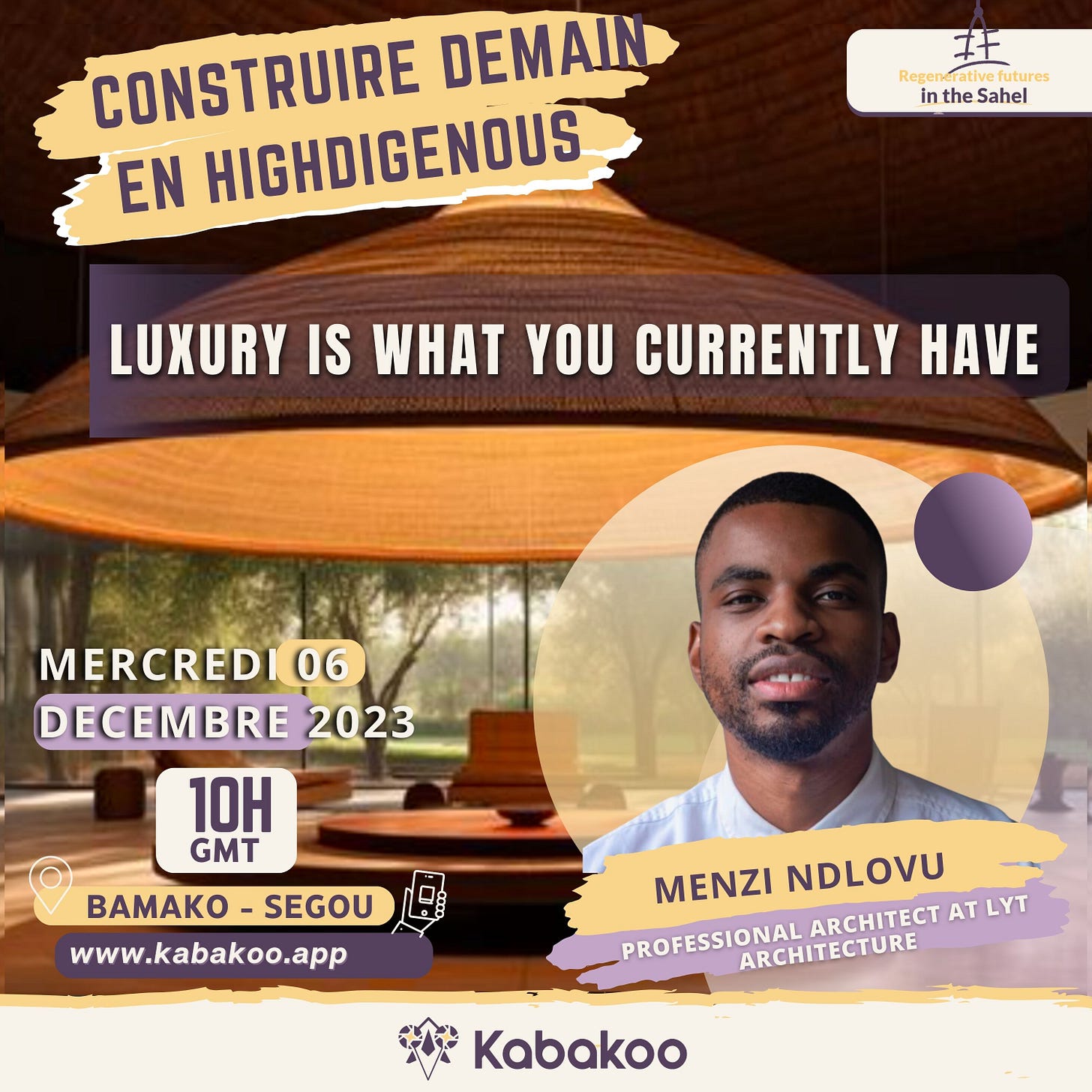
This masterclass was a journey into the worlds and meanings of architectural luxury for Africa, with Menzi Ndlovu, a Johannesburg-based architect, Menzi's design philosophy emphasizes harmony with the natural environment, drawing inspiration from rural landscapes. He believes in sustainable architecture that incorporates African indigenous knowledge.
This session and discussion enabled learners and the Kabakoo community to reflect on the meaning and significance of luxury in architecture, in the materials we use, in the furnishings that arrange our spaces and impact our lives, and so on. Decolonizing and unlearning popular definitions of luxury is a task and a crucial step for Sahelian and African architectures that are born of local imaginations and draw on endogenous knowledge. For example, a house built from local earth and materials could define luxury. The work Menzi shared with the community illustrates these ideas well, as plant fibers, woven by local craftswomen whose knowledge and techniques go back a long way, for example sumptuous lanterns, can define architectural spaces that are minimalist, contemporary and luxurious. The exercise was fascinating and opened up imaginary possibilities that the learners hadn't much considered.
Another masterclass of the month : Redesigning social sousing through African-built-indigenous knowledge systems
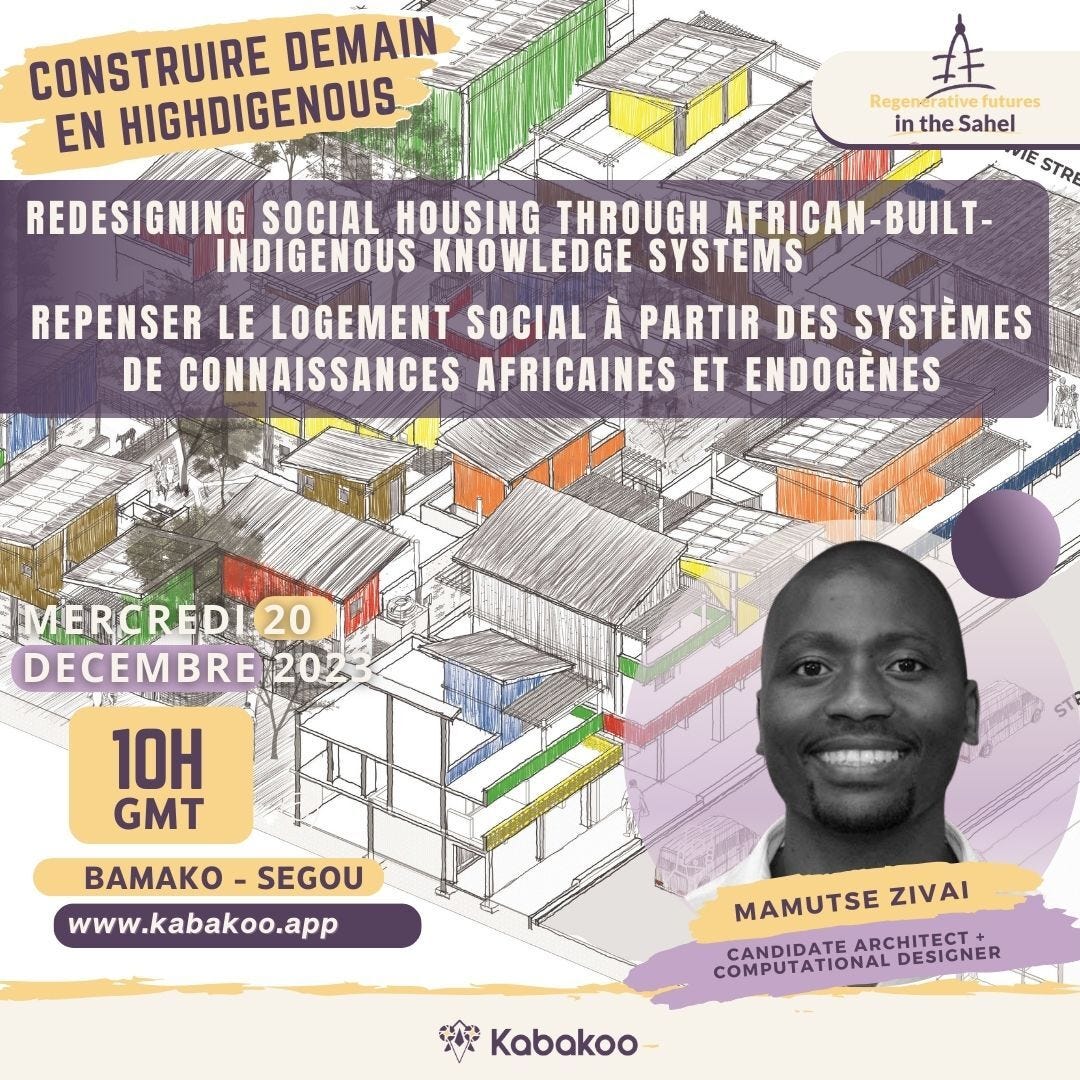
Zivai Mamutse, an Architect + Computational Designer, from Zimbabwe and based in South Africa, presented his architecture thesis on endogenous African knowledge systems and their potential for rethinking social housing in Africa. During the masterclass, Zivai addressed some extremely important questions: Can we reconsider the concept of social housing by drawing on indigenous African knowledge systems? According to Zivai, one approach could involve incorporating Ndebele cultural principles to rethink social housing in urban spaces in South Africa, Pretoria, Marabastad. Is there a risk of sacrificing cultural integrity in favor of industrialization if we continue with the concrete jungle of high-rise social housing? Exploring the intersection of decolonial urban design and identity preservation raises important questions.
This masterclass was a significant opportunity for cohort learners and community members to see solid examples of in-depth research into endogenous African knowledge and its subtle integration into contemporary architecture responding to specific challenges.
It was especially supportive for the group of learners working on a prototype for regenerative and evolutive housing in the Sahel, as they had an opportunity to ask questions and get feedback from an architect who thinks a lot about the issues they're trying to address.
🎉 Upcoming Teasers
By successfully closing the first phase of the Regenerative Architecture and Extended Reality training, the Kabakoo Academies community has prepared to launch the second phase of the training, to be held between January and February 2024. Many practical workshops around architecture and regenerative agriculture as well as immersive experience development workshops around architectural prototypes developed by the learners are planned! The year 2024 at the Innovation Lab will be an exciting journey between worlds of practice and experimentation and virtual worlds! Don't miss it!
With Love & Hope from Bamako 💜💛


